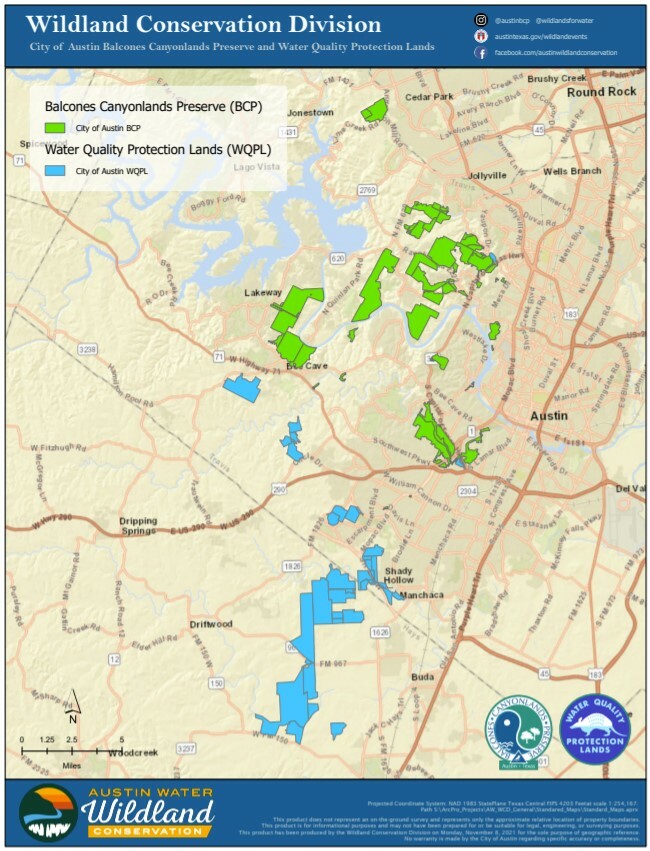The city of Austin owns a lot of land.
In fact, according to a 2019 CBS Austin report, the city “has bought more than 28,000 acres of raw land over the last 20 years.”
The fact that it owns so much property—especially in the midst of a raging affordability crisis—raises some serious concerns about purpose and prudence. But there’s one thing in particular about the city’s land acquisition strategy that is uniquely troubling.
See, at least some of the land purchased by Austin resides outside of its corporate boundaries. In other words, city hall is buying up properties in other communities that tend to be more affordable and family-friendly—and it’s using debt to do so.
In 2013, the Austin American-Statesman wrote:
“Austin officials initially fought a developer’s plan for 1,000 homes and a sewage plant atop an environmentally sensitive tract in Hays County. Now they’ve reached a deal to buy and preserve the land.
With $18 million in bond money, the city of Austin plans to buy 607 acres on RM 967 in northern Hays County and protect the land from development.”
In 2019, the Austin American-Statesman highlighted another example:
“…the purchase of 251 acres about 15 miles south of Austin in an unincorporated part of Hays County, west of Mountain City. The likely sticker price for the area will be $9,810,721— $39,086 an acre — according to a recommendation for action from city staffers.”
…
“Austin will buy the land from the developer Anthem. The ownership group had planned to build up to 630 homes on the tract… A stipulation regarding Austin’s purchase of the 251 acres is that the land will never be developed.”
These are not the only examples of Austin’s land grabbing behavior either. In fact, Austin has long binged on the outer parts using borrowed money, which has had the effect of taking affordable properties off the market, pushing low-income commuters out farther, and eating into the tax base of other nearby communities.
In an effort to better understand Austin’s anti-affordability acquisitions, the Texas Public Policy Foundation sent a Public Information Act request to the city in October 2021 seeking: “A map or visual depicting any land owned by the city of Austin which is outside of its corporate boundaries.”
Upon receipt, the city contested the PIA request to the Texas Attorney General’s office alleging that certain information was excepted from disclosure. However, the city missed a key deadline in its dealings with the Attorney General’s office, resulting in the entirety of the request being presumed to be public information.
While the Foundation’s team is working through much of the information now, it’s worth elevating the image below so that the public can better assess what is occurring. The visual is revealing.
